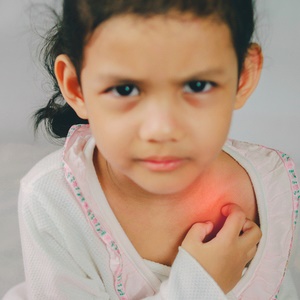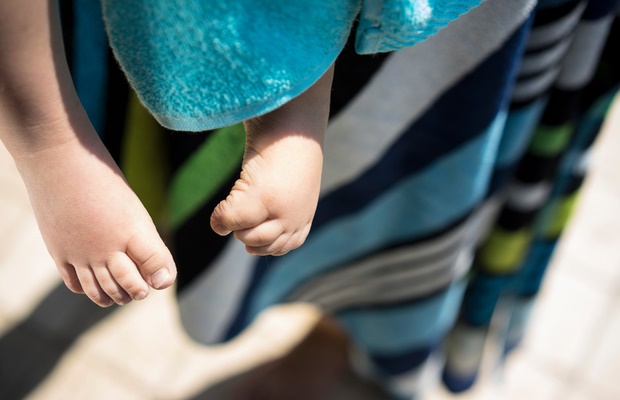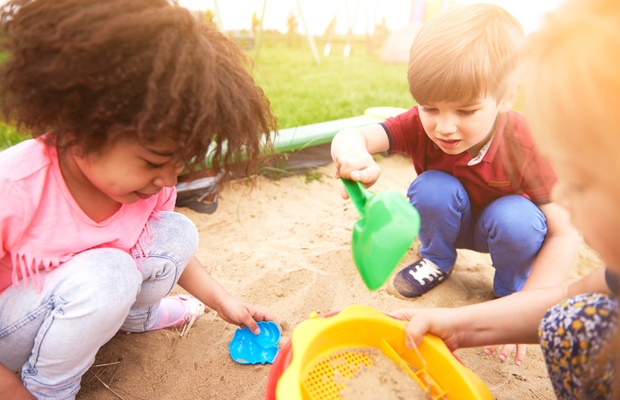
It is quite common for children to suffer from fungal infections from time to time, especially in situations where they share toys and play areas with other children.
During the summer months it’s even easier for contagious fungal infections to spread, since hot, humid conditions make for a perfect breeding environment for fungus.
Here’s how you can protect your children against pesky fungal infections.
1. Teach them to wear flip-flops
Get them used to wearing flip-flops in public showers (on school camps or at the public swimming pool) from a young age to guard against contracting athlete’s foot (tinea pedis). Ensure they have flip-flops packed whenever they go to sport matches, on school trips, to the beach or swim in a public pool.

2. Urge them to dry properly between their toes
Children tend to skip the finer steps of bath time. Teach them to dry carefully between each toe to avoid a breeding ground for athlete's foot.

3. Keep sandpits and play areas clean
Ensure that play areas such as sandpits and jungle gyms are regularly cleaned. Pets often do their business in sand pits and ringworm can be spread through their faeces. Buy a portable sandpit that can be covered to keep pets out. It’s also easier to clean.

4. Deworm your pets (and the family) regularly
It’s important to deworm your pets regularly as worm eggs can spread through their faeces. Adult pets should be dewormed at least twice a year, but it can be done even more frequently. And it’s not just our furry friends that need deworming. Chat to your doctor or pharmacist about deworming for the whole family.

5. Teach them not to share personal belongings
Sharing is an important virtue, but children should know that some things shouldn’t be shared. Fungal infections like ringworm can spread by sharing combs and hats, while athlete’s foot can spread by the sharing of towels and shoes.

6. Check for symptoms
Keep an eye out for odd lesions, itchiness or rashes. Have these checked out, and if it's a fungal infection, get it treated to avoid it spreading to siblings and friends. In the case of a fungal infection, keep your child's toys, bedding, towels and personal items clean and away from other children.

7. Have dry towels and clothes ready after swimming
If your children are in and out of the pool, avoid skin irritation by ensuring that there are always clean towels and dry clothes at hand. Your children may be tempted to play around in their wet swimming clothes all day long, but teach them to dry and change as soon as they get out of the pool. Wet swimming clothes can trap bacteria, creating an ideal environment for infections and irritations.

Image credits: iStock




 Publications
Publications
 Partners
Partners















